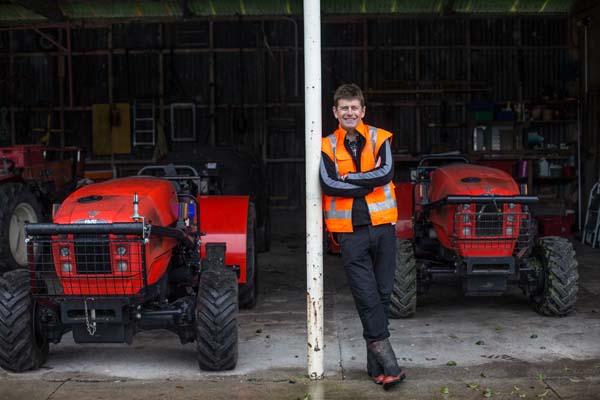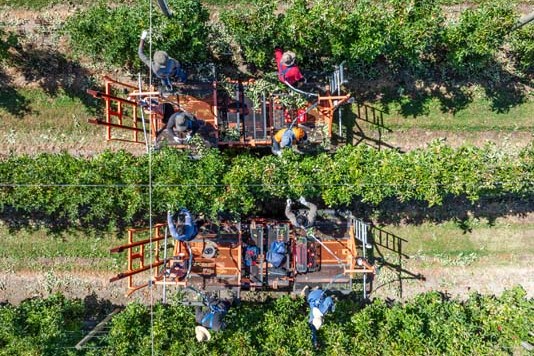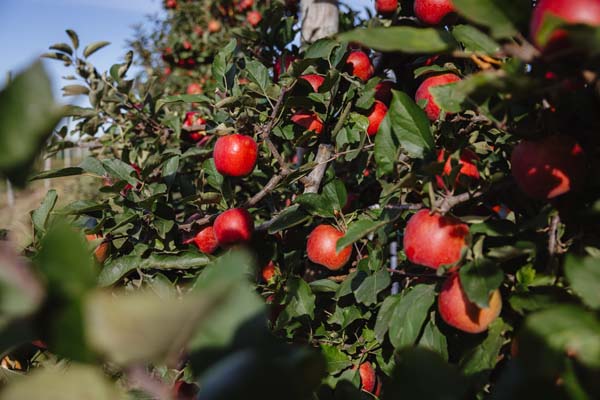Learn by looking over the fence
Creating the right culture in a business where people live and work together is imperative, Anne Lee reports.
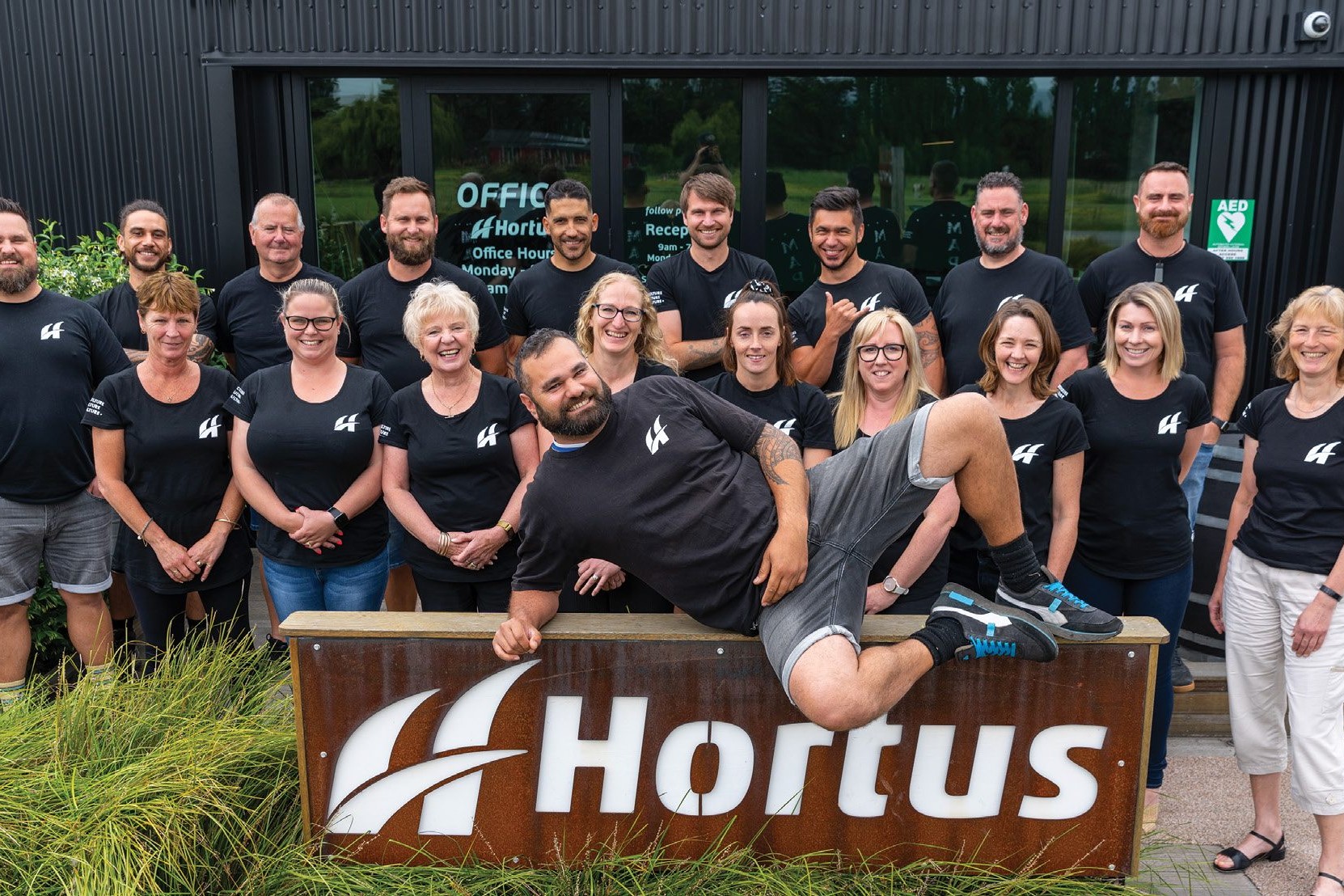
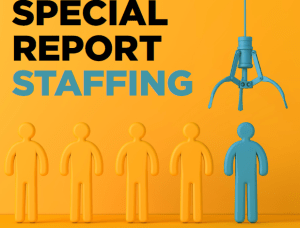 Aaron Jay (AJ) is unapologetically ambitious in business because for the company to succeed his employees must succeed too.
Aaron Jay (AJ) is unapologetically ambitious in business because for the company to succeed his employees must succeed too.
The widespread ripple effect of that success, that goes well beyond New Zealand’s shores, is a huge motivating factor for him and others in the company.
AJ is founder and managing director of horticulture management company Hortus.
It’s a sector that struggles with high labour requirements and relies heavily on the Recognised Seasonal Employer scheme.
Unlike farmers, he doesn’t have a product to sell, he told the DairyNZ, Dairy Women’s Network People Expo.
“Our product is our culture,” he says.
“It’s embedded in everything we do. It’s what makes us different.”
AJ set up the company in 2008 with a $50,000 loan from a mate having seen a need for management services in vineyards in Marlborough. Hortus is now in three regions across NZ and as well as employing close to 2000 seasonal workers has almost 100 permanent staff.
His Dad’s from the United Kingdom and his Mum is a Kiwi. He spent the first half of his life in the UK and grew up in a council estate, dropping out of school at 15. Dyslexia had made conventional school work a struggle.
“Once I worked out I wasn’t as stupid as people thought I was, I put effort into understanding how I learn.”
People with dyslexia or neuro-divergent thinking can be a big asset to a company.
“They often fall into the agriculture or horticultural-type industries and what you’ll find is they’re solutions-based thinkers.”
Last year was a tough one with the company still impacted by Covid-19 restrictions of the previous years and then the killing of Tongan RSE worker, 23-year-old Hiko Lynch by a gang member in Blenheim.
Aaron says he engaged the help of a psychologist to get through the tough time and build mental resilience.
“It was the ambulance at the top of the cliff.”
Innovation, challenging the status quo and changing lives all matter to the high-energy AJ.
The company’s values are woven through every aspect of it.
- Make a difference.
- All together better.
- Proud of what we do.
“We want to go above and beyond for our customers – the ones who we send the invoice to – and we want to do the same for our other customers – our people.”
One of the company’s key values is “all together better” and Aaron says that by knowing what their people want and helping them get it, everyone succeeds.
“We align our recruitment process to our values.
“It’s the first step in that process – in that initial interview we’re looking to see that they are a fit.
“Then the second interview will be the technical interview where someone who has experience in the role we’re hiring for runs the interview – so we know they are technically competent for the job.”
The number of applicants is narrowed through the process with the final selection made by someone in the team they’ll be working in.
“We’re looking for the dreamers – the people who want to make a difference for others too.”
Aaron says the company measures its impact through its people and the effects working at Hortus has on their lives and those of others.
In 2021 the company’s RSE impact statement showed RSE staff had taken home more than $15 million and that had directly impacted 7019 friends and family in their home nations.
Half of the RSE staff had started a business, 2221 children were put through schooling, every staff member either bought or built a house and 40% bought land.
Almost 30% of their RSE team have nine or more years’ experience working seasonally in NZ.
Innovation and not being afraid to do things differently are big drivers too.
Aaron says they developed a piece of software that’s been commercialised as an app to digitally manage timesheets, contract piece-work, top-ups to ensure hourly rate requirements are met, schedule workflows, help with budgeting and reporting.
It’s called Tātou and has now been spun off to be its own company with its own chief executive although Aaron still holds the major shareholding. It has customers in Australia and NZ.
“We developed it to help make those processes more efficient and to help us manage our people better.
“It helps eliminate the need for conversations between the employer and employee around wages and when you remove the need to have discussions around money, what does that discussion become about?
“It becomes about the person’s success and what’s important to them and why they are turning up to work every day, how Hortus can be the vehicle to achieving their own success.”
They’ve also developed a system to help with performance reviews and professional and personal development called Bingo.
It sets out the competencies and goals in a grid and uses colours to denote whether they’re competent, need more or are achieving at a high standard (green).
What they want is a line across or diagonally or vertically of the same colour rather than the whole grid showing green because it’s about personal development.
Aaron says they found by using the Bingo system people started to earn more money, they were achieving their personal goals and their business and professional goals too.
“You see them start to dream bigger.”
It helps the company too because the more competent and fulfilled people are, the more productive and efficient they are.
“What we found is that it’s now feeding into our strategy.
“We can see where people want to be and how they’re tracking towards that.”
That’s enabling the company to plan business growth alongside their people’s growth. Creating the right culture in a business where people live and work together is imperative.
They have more than 400 beds at their site in Blenheim.
It costs about $50,000-$60,000 per bed to build the facilities that include multiple commercial kitchens and communal areas.
He employs 25 people to run the accommodation facility and provide pastoral care.
The workforce comes with a lot of responsibility, he says.
But he says you also have to be consciously selfish to be sustainably generous.
That means making those difficult business decisions fully understanding the reasons and the numbers behind them. He says they have to deliver on the promises they make about training and development and what people can achieve when they recruit.
“If you’re going to make a commitment you have to deliver on it otherwise it’s the quickest way to kill a culture.”
The so-called golden rule of treating people as you treat yourself is terrible, he says.
“If I treated people how I treated myself it would be terrible – I work massive hours and don’t look after myself.
“No, treat them as they want to be treated.”
Inevitably, even with all the planning in the world, things go wrong, especially when Mother Nature has her say.
“We say, it is what it is, and you have to move on and deal with it. Focus on the things you can control.”
People are worried about the economy, elections, new regulations.
“If you look at things with a negative lens you’ll see them negatively. Look for the opportunities.
“When things are going well look out the window, when things aren’t going so well look in the mirror.”



